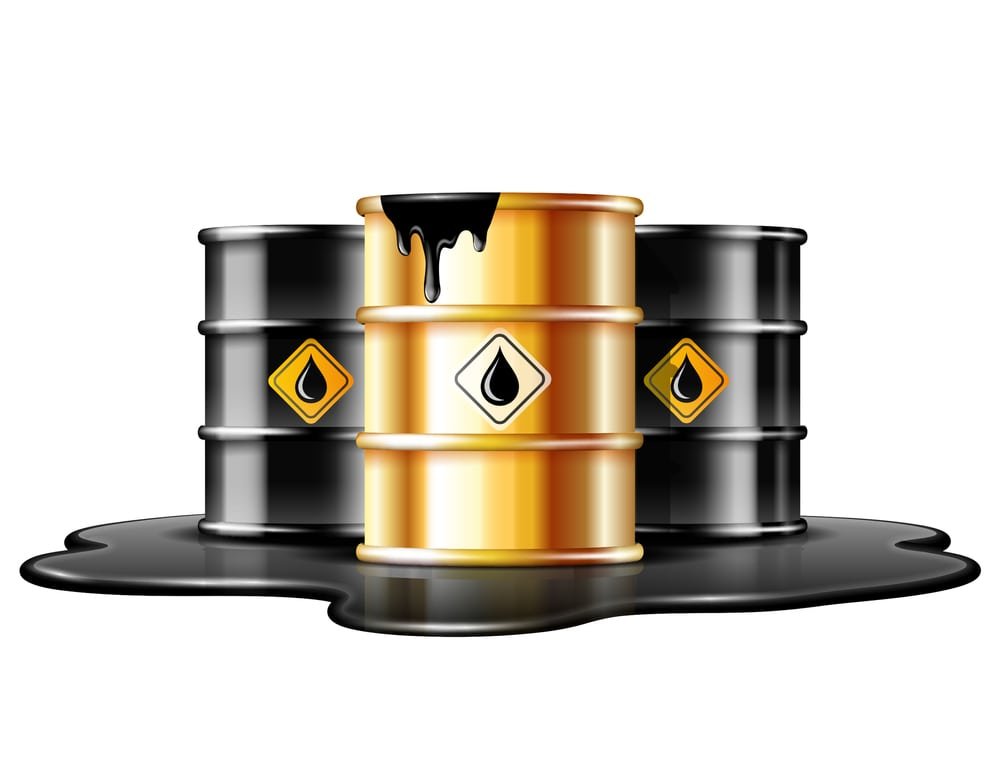A History of Commodities Trading
Did you know that trading commodities have been around for longer than stock and bond trading? It’s an ancient profession that played a significant role in the rise of empires throughout history. Nowadays, commodities continue to be exchanged all over the world. Commodities exchanges are places where trading takes place and legal entities that enforce the rules for trading standardized commodity contracts and related investment products. Although some exchanges specialize in a particular group, most carry a few different commodities. For example, in the U.S., There is Chicago Mercantile Exchange (CME), the New York Mercantile Exchange (NYMEX), Pakistan Mercantile Exchange (PMEX), and the Intercontinental Exchange (ICE) in Atlanta, Georgia. In Europe, there is the London Metal Exchange (LME) which, as its name suggests, only deals with metals.

Metals

In times of market instability and fluctuations, it is common for investors to turn to precious metals such as gold, silver, platinum, and copper. These metals have long been considered a reliable hedge against inflation and currency devaluation due to their inherent worth and transferable value. By investing in these metals, investors can potentially safeguard their portfolios against the negative effects of economic uncertainty and ensure their wealth retains its purchasing power over time.
Energy
Energy commodities consist of crude oil, heating oil, natural gas, and gasoline. When there are global economic changes and oil production decreases in established wells, the price of oil typically increases due to the increased demand for energy-related products and the limited oil supply. Investors who want to participate in the energy commodities market should also consider the impact of economic downturns, any changes made by the Organization of the Petroleum Exporting Countries (OPEC), and advancements in alternative energy sources (such as wind power, solar energy, and biofuel) that aim to replace crude oil as the primary energy source. All these factors can significantly affect the market prices of energy commodities.

Agriculture

The agricultural sector deals with a variety of commodities such as corn, soybeans, wheat, rice, cocoa, coffee, cotton, and sugar. During the summer months or periods of weather-related transitions, grain prices can fluctuate considerably. If you are an investor considering the agricultural sector, you can benefit from increasing commodity prices due to population growth and limited agricultural supply.
Using Futures to Invest in Commodities
Futures contracts are legal agreements to buy or sell a commodity asset at a predetermined price and time in the future. Manufacturers and service providers use them to manage expenses and reduce risks, while speculative investors aim to profit from price changes. To start trading, you will need to open a brokerage account with us and acknowledge the risks. While there are potential profits, small price movements can result in significant losses due to high leverage. Despite the risks, futures contracts offer advantages such as pure play on the commodity and the ability to take long or short positions.
Leverage
Futures trading requires less capital than equities trading, with a 5%-20% deposit needed to hold a position. However, leverage can increase both profits and losses, making it a risky option. Leverage can be both helpful and harmful to futures traders. To avoid risks, it is important to use stops, limit losses, and carefully manage your investments. To get more information about trading in your preferred markets, reach out to your Orenda Commodities representative. Keep in mind that the minimum margin requirements may change unexpectedly, especially during volatile periods. You can also choose to invest more than the minimum requirement to achieve a comfortable level of leverage.
Increased Opportunity
If you are someone who values freedom and opportunity, futures trading may be of interest to you. One benefit is that it allows you to trade on the short side of the market without any discrimination. The margin and order-entry requirements for selling short are the same as for going long, and there is no need to “borrow” anything to enter a short position. Additionally, many futures markets, including U.S. stock indices, are open almost 24 hours a day from Sunday night to Friday afternoon. This means you can trade when it is most convenient for you, or when global events prompt you to take action.
How do i trade Commodities
- Learn Pros and con of Trading Commodities
- Open an Account with Orenda Commodities
- Deposit Fund with Direct Fund model
- Create your Trading Plan / Research
- Manage Your Risk
- Enter Orders and make Profits

